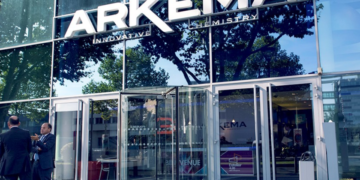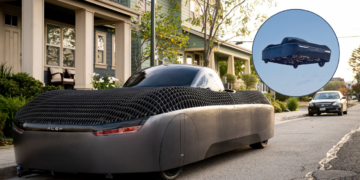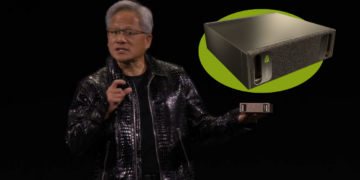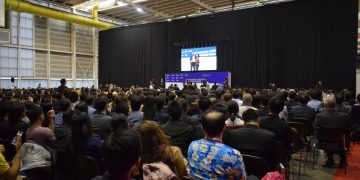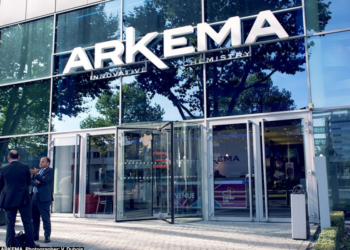The patenting process has long been known for being a long waiting game. Not only do applicants need to have an invention that is new, inventive, and industrially applicable, they need to also have the patience of a saint to win at this game.
Because patents are complex legal documents, this necessitates a lengthy examination process that often takes several years to complete. However, when seeking patent protection in multiple countries, there are solutions available to expedite the process by leveraging on the work done by the first Patent Office, thereby shortening the overall pendency of patent prosecutions. In this article, we explore some of these solutions for patent applications filed in Thailand.
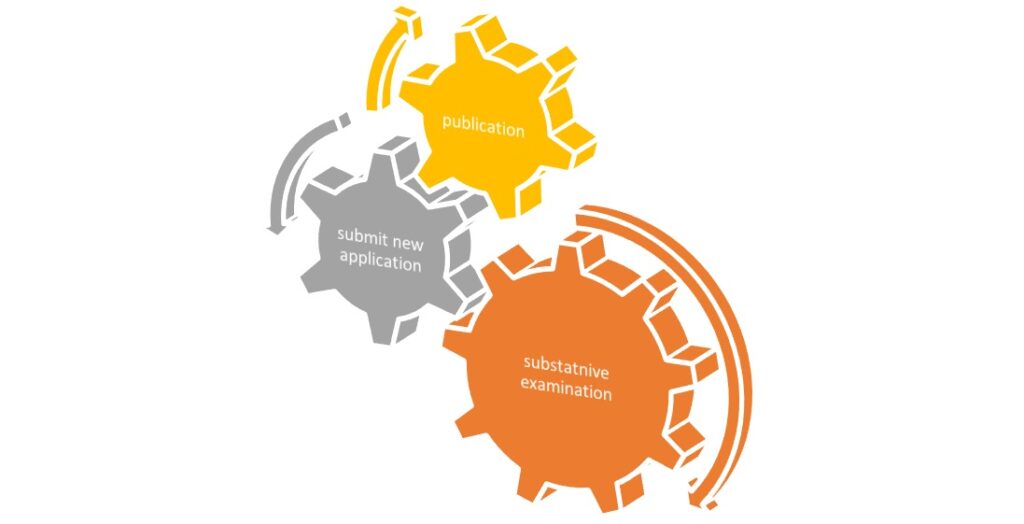
In Thailand, there are three ways to accelerate the patent examination:
Patent Prosecution Highway (PPH):
The PPH program is based on a bilateral agreement between the Thai Patent Office and the Japan Patent Office (JPO). Under this program, the first filed patent application that meets the eligibility criteria can proceed with an accelerated examination. This program effectively reduces the time for patenting, with an expected timeline of 6-8 months from the date of filing the request to receive the first official communication from the Thai Patent Office. According to available data from the Department of Intellectual Property (DIP) since 2014, over 703 granted applications have been labeled under the PPH, with more than 50% of them granted within a five-year timeframe.
The requirements and costs for participating in the program include submitting of;
- a complete copy of the corresponding Japanese patents, along with their English translations.
- copies of all office actions and examination/search reports issued during the prosecution of the corresponding Japanese application, also with English translations.
There is no official fee for participating in the PPH program. However, it should be noted that this program is limited to combining Japanese patent search and examination results within Thai patent applications.
ASEAN Patent Examination Cooperation (ASPEC):
ASPEC, introduced on August 27, 2019, is a cooperative program among nine ASEAN member states, excluding Myanmar. This program facilitates work sharing between member countries that have patent applications linked bythe Paris Convention. By submitting a request to proceed with the ASPEC program, the applicant can obtain corresponding patents in other participating countries, which then serve as useful evidence for the examiner to address the search and examination results, thereby reducing duplicate processes. This program significantly shortens the examination duration, typically around 6-9 months. As of December 2022, according to statistics from the ASEAN Intellectual Property Association (ASEANIP), approximately 300 requests were filed with the Thai Patent Office as a second office, with a majority of them being accepted. It was reported that 97% of the examiners agreed with the examination results from the first office, resulting in an average pendency of around 8 months. However, it should be noted that the actual pendency of patent prosecution may still vary depending on the complexity of each case and other factors.
To participate in the ASPEC program, applicants must submit;
- a complete copy of the corresponding application/patent, along with its English translation.
- copies of all office actions and examination/search reports issued during the prosecution of the corresponding application/patent.
- and copies of references cited by the examiner. It should be noted that PCT applications are eligible to participate in this program.
Submission of Corresponding Granted Patents by Preferred Patent Offices:
Another regular route to expedite patent applications in Thailand is by submitting corresponding patents granted by preferred patent offices such as the USPTO, EPO, JPO, and Australian IP. In this approach, the local examiner can rely on reports and findings from the corresponding patents while considering the grant of a patent in Thailand. Applicants may submit the corresponding patent along with the request for substantive examination once the application is published.
The required documents for this route include;
- a complete copy of the corresponding patent and its English translation.
- copies of all office actions and examination/search reports issued during the prosecution of the corresponding application/patent (English translations of extracts are acceptable).
- copies of references cited by the examiner.
The official fees for this route include a request for substantive examination (250 THB) and the submission of the corresponding patent and amendment of claims (50 THB).
This poses a challenge for applicants when comparing these routes and deciding which one to choose for their application. Considering this, the existing program’s mechanism allows for the provision of search results upfront. This approach is anticipated to lower costs and accelerate the application’s overall timeline.
It is important to note that while the PPH and ASPEC programs are designed to shorten the pendency of patent prosecution, the actual duration may still vary depending on the complexity of each case and other factors.
As part of these alternative programs/routes, it is advisable to take certain measures to avoid delays in the prosecution process. These include verifying the patentability of the invention, conducting a patent search before filing, ensuring that the formality documents comply with local regulations, and following the local guidelines for submission. As patents can significantly impact a company’s IP portfolio or even play a role in due diligence for deals, it is recommended to consult with experts such as patent attorneys to properly navigate the process.








